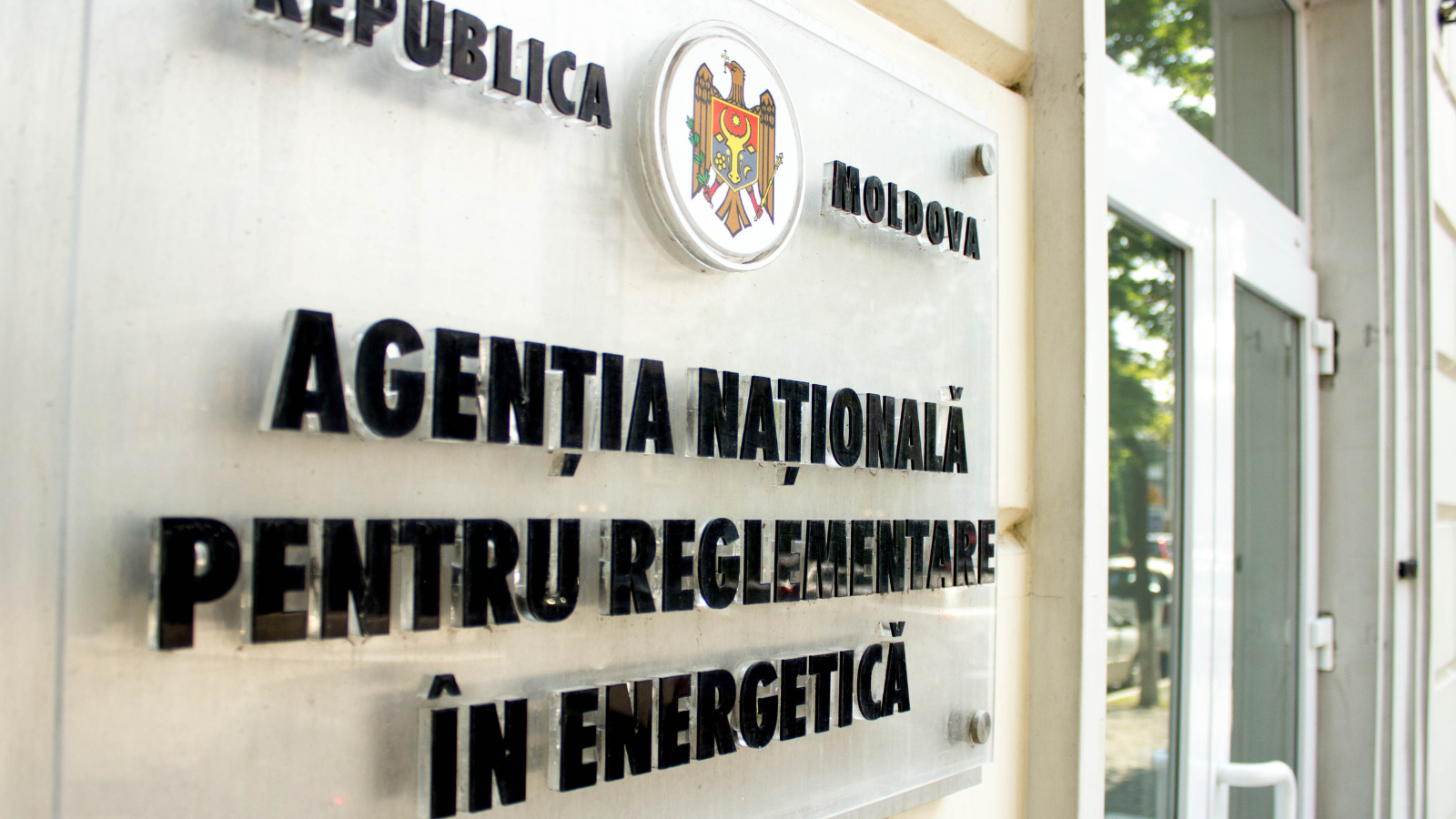
In December 2022, the Administration Council of the National Agency for Energy Regulation (ANRE) of the Republic of Moldova approved amendments to the Methodology for determining, approving, and applying tariffs for public water supply, sewerage, and wastewater treatment services. These amendments aim to increase the reliability and efficiency of regulated activities and are part of the ongoing development and adjustments of the secondary normative framework.
Moldova’s water sector faces several challenges, including outdated infrastructure, high water losses, low access to drinking water and sanitation services in rural areas, and insufficient financing. The water supply and wastewater treatment system in Moldova is centralized, and most of the infrastructure is outdated, with many pipes and pumps in need of repair or replacement. This leads to significant water losses due to leakages, which not only wastes water but also affects the efficiency and financial sustainability of water utilities. Moreover, access to safe drinking water and sanitation services is a significant challenge in rural areas of Moldova.
In response to these challenges, ANRE has taken several measures to improve the health of the water utility sector in the country.
Reforming the water sector
The water sector in Moldova underwent significant reform in 2013 when the Parliament of the Republic of Moldova passed the Law of water supply and sewage public service. This law aimed to increase the efficiency of service provision, improve access to water and sanitation services, and increase the financial sustainability of water utilities. ANRE played a significant role in the implementation of this law, and the agency’s responsibilities were expanded to include regulating water tariffs, ensuring the financial sustainability of utilities, and enforcing quality and safety standards.
Improving the tariff methodology
One of the major challenges in the water sector in Moldova was the difficulty in enforcing tariffs. In 2014, ANRE introduced a new tariff methodology aimed at providing more transparency and predictability for water utility companies and customers. The new methodology included a clear formula for calculating water tariffs based on actual costs, which ensured that water utilities were adequately compensated for their services. The new tariff methodology also allowed for the recovery of actual costs, which helped improve the financial stability of water utilities.
Strengthening the regulatory framework
ANRE worked to strengthen the regulatory framework for the water sector in Moldova by introducing new regulations and guidelines, improving enforcement of existing regulations, and increasing transparency and accountability in the sector. For example, ANRE introduced the Tariff Methodology for Public Water Supply, Sewerage, and Wastewater Treatment Services in 2014, which established clear guidelines for determining and applying tariffs. ANRE also introduced new measures to increase transparency and accountability, such as requiring utilities to publish information on their activities, tariffs, and quality of service.
Following the amendment of the Law of water supply and sewage public service in 2018, several deficiencies were found between the provisions of the Methodology from 2014 and the provisions of the Law with subsequent amendments, so in 2019, ANRE approved a new Methodology for determining, approving and applying tariffs for public water supply, sewerage and wastewater treatment services.
Increasing access to water and sanitation services
The Moldovan Government, with its partners, launched a program in 2019 to improve water supply and sanitation services in rural areas by providing technical assistance and financial support to local water utilities. The program aimed to increase the access of the rural population to safe drinking water and sanitation services. The Water Supply and Sanitation Support Program, which was implemented by the United Nations Development Programme (UNDP), aimed to improve the quality and accessibility of water and sanitation services in Moldova. The program included measures to strengthen the capacity of water utilities, improve service delivery, and increase access to safe drinking water and sanitation services.
Challenges and the way forward
Despite the progress made, Moldova’s water sector still faces several challenges. One of the primary challenges is the lack of financing for utilities. The cost of maintaining and upgrading water infrastructure in Moldova is high, and many utilities struggle to secure the funding they need to make necessary investments. The Moldova Water and Wastewater Modernization Project, which was launched by the European Bank for Reconstruction and Development (EBRD) in 2018, aims to address this challenge by providing financing and technical assistance to water utilities in Moldova. The project includes measures to improve the efficiency of water utilities, increase the coverage and quality of water and sanitation services, and enhance the financial sustainability of utilities.
Another challenge is the high level of water losses due to leakages and inadequate maintenance. Addressing this challenge requires significant investments in infrastructure and technology. ANRE and other stakeholders in the water sector in Moldova are working to address this challenge by improving the efficiency of water utilities and introducing new technologies and practices to reduce water losses.
In conclusion, the water sector in Moldova has undergone significant reform in recent years, and ANRE has played a critical role in improving the efficiency, transparency, and sustainability of the sector. Measures taken by ANRE include introducing new regulations and guidelines, strengthening the regulatory framework, improving access to water and sanitation services, and supporting infrastructure improvements. While significant progress has been made, there are still several challenges facing the water sector in Moldova. ANRE and other stakeholders in the water sector in Moldova are working to address these challenges and ensure the provision of safe, reliable, and sustainable water and sanitation services for all Moldovan citizens.